Angay Choday - The Fluent Ole Speaker
In a small village nestled in a remote corner of the world, there lives an elderly woman named Angay Choday. She is known to everyone in the village as the keeper of a rare language ‘Ole’ that had been passed down to her by her ancestors. The Oleps’ language, Ole, is oral and highly endangered with only three fluent speakers remaining. The oldest one is Angay Chodey, who is 95 years old and her story goes on… She lives with her children in a house on the outskirts of the Rukha village. Despite her advanced age, and difficulty walking, she remained alert and spry, with a sharp wit and an infectious smile. She spent most of her days tending to her daily spiritual chores.
The language that Angay Choday spoke was unlike any other in the village. It was a language that had been spoken by her people for generations, long before the village had even been established. It was a language that had survived centuries of wars, migrations, and cultural alteration. Whenever someone in the village needed to understand the meaning of an ancient proverb or a mysterious riddle, they would seek out Angay Choday’s counsel.

She would listen intently to their questions then answer in her native tongue, using the rhythms and intonations that had been passed down to her from her forefathers. But as the years went by, fewer and fewer people in the village showed interest in the Olep language. The younger generation preferred to speak the more modern dialects that are taught in the schools and even some of the older residents have started to forget the words and phrases that Angay Choday had taught them. One day, a group of researchers came to her village and asked her to translate the Olep language. “I want to visit the washroom” She translated ‘Chu tang lo be’ They had heard that it was a beautiful and complex language, and they wanted to learn it for their cultural survey expedition undertaken by The Cultural Sanctuaries Foundation, USA in collaboration with Tarayana Foundation.
During ancient times, the Oleps survived on shifting cultivation and had to share their products with the Penlop “Governor” of Jaraygang. They also used to wear Kira in the village by using Kappa in ancient times. Angay Choday also narrated a story about her journey to the capital city, Thimphu in her lifetime and how she landed up at Dechencholing palace where she was amazed to spot an onion in the garden. She also expressed her gratitude to Tarayana Foundation under the dynamic vision of Her Majesty for enhancing their livelihood by providing housing, agriculture machinery, and providing support for the preservation of the Olep culture.
She was delighted to see the Ole language being embraced by the community. She felt that her ancestors were smiling down on her from the heavens, knowing that their legacy would live on for generations to come. And as long as she was alive, she would continue to teach and inspire others with the beautiful language of her people.
Improved Houses
2555
Green Technologies
124
School Clubs
124
Total Beneficiaries
200000
